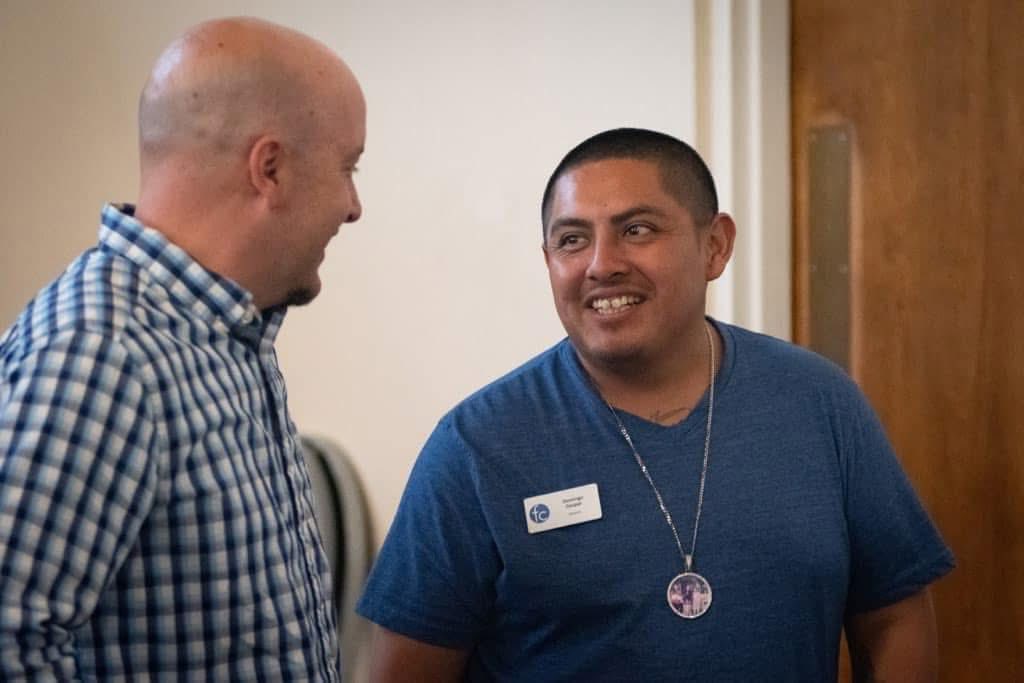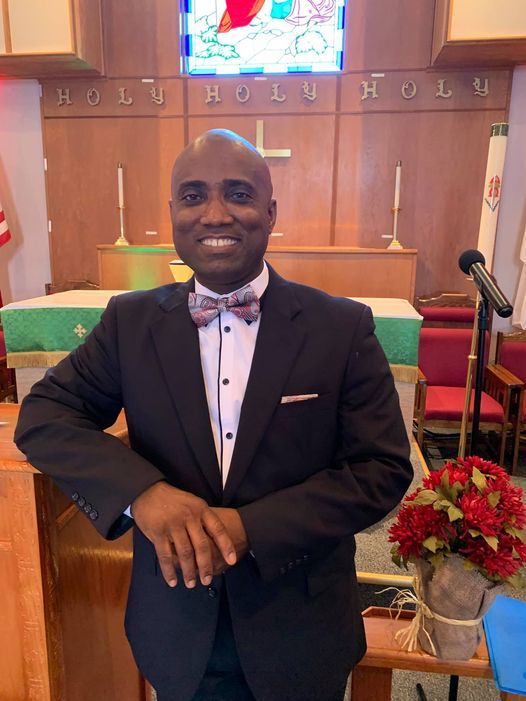
In Christian circles, they are called “tentmakers.” To Florida Baptists, they are known as bivocational pastors.
They are ministers like the Apostle Paul who happened to make tents for a living; these ministers have found an additional occupation outside the local church. They navigate dual callings in the ministry and the marketplace. They could be teachers, counselors, engineers, coaches—most any career field imaginable. Although they only spend part of their time in the church, all agree God’s calling to preach is their primary responsibility.
Close to 12 percent of pastors serving in Florida Baptist churches are bivocational. Of the state’s 2,622 Florida Baptist churches, more than 300 of them are led by bivocational pastors. These bivocational pastors are just as much “incredible servants of God” as their full-time counterparts, said Stephen Rummage, Florida Baptists’ executive director-treasurer.
“Bivocational pastors make a huge difference for God’s kingdom,” said Rummage. “The simple truth is that many of our Baptist churches in Florida and across America would not even exist without the faithful and sacrificial work of bivocational pastors.”
Bivocational pastors are a significant part of our heritage as Baptists, and as we move into the future, they will be increasingly crucial for the vitality of our churches.
Rummage reflected on the faithful service and tireless impact his uncle, a bivocational pastor, made on his impression and work ethic of bivocational pastors serving in local churches—often in obscurity—around the nation.
“One of my heroes in ministry is my uncle Thurman Howard, a self-trained, bivocational pastor,” he shared. “My uncle worked hard, long hours each week in a secular job, and then preached every Sunday at his Baptist church for years. That church would not have had a pastor if my uncle hadn’t been willing to do what he did. I think of Uncle Thurman–now with the Lord Jesus–every time I’m around bivocational pastors.”
“These men are incredible servants of God,” said Rummage. “They outwork most people. They find time to study and prepare, preach faithfully, minister to the needs of their people, and love their wives and families, all the while working in other demanding jobs. Bivocational pastors are a significant part of our heritage as Baptists, and as we move into the future, they will be increasingly crucial for the vitality of our churches.”
Daniel Garcon, a real estate advisor and lead pastor at Christ Center Fellowship of Lehigh Acres, shared that his role as a pastor directly impacts his real estate career.
“Being a pastor has taught me how to minister and serve people well, and the people in the community trust me as I also care for their needs,” said Garcon, originally from Haiti.

Looking to be more relational than transactional, Garcon intentionally makes his business signature and printed products incorporate both of his two worlds—”Daniel Garcon, Pastor and Realtor,” he said.
John Voltaire, Florida Baptists’ Haitian church catalyst, commended Garcon for his desire to reach his community. “Pastor Garcon loves the Lord and has a heart for ministry,” he said.
Matt Thomas, a bivocational missions pastor at Fellowship Church in Immokalee, is a civil engineer for Collier County, something he sees as “an extension” of his ministry.
“I have always seen my career as an engineer as an extension to pastoring as it offers me a unique insight into parts of the world that most pastors would never have access to,” he said. “Working in construction in particular, you deal with all sorts of different individuals, and rarely do you see believers in this industry. I have had opportunities on many occasions to share the gospel and even lead people to Christ right in the middle of a construction site.”
Advantages and challenges
Serving in various ministry positions more than 12 years, Thomas recognizes the various advantages and challenges that come alongside the bivocational role of “juggling” pressing responsibilities.
“Some of the advantages to being a bivocational pastor are that I reduce the financial strain on the church and that it provides me with more time and opportunity to spend with the community that we live in,” he said. Challenges are the time constraints with the church and the needs of the church … this becomes a juggling act on how to prioritize your schedule and relationships. Also, another challenge is not always being involved in the day-to-day operations of the church, which makes communication even more important.”
The Florida Baptist pastors agree that working bivocationally opens doors that otherwise would not be open to them to reach more people with the good news of the gospel.
“Pastoring is not just a part-time position but is a full-time responsibility whether I am ministering to members of the church or working alongside the lost in this world,” said Thomas. “I can use my career as a platform to take Christ to people that would otherwise might have never heard. Shining the light in the darkness wherever the Lord takes me in this career path He has chosen for me.”
Also, the pastors reflected on the necessary skill to prioritize, sacrifice and plan well.
“There is only so much time in the day, and sacrifices will need to be made to ensure ministries are functioning and sheep are being provided for,” said Thomas.
Wayne Briant, regional catalyst for the convention, said that more than 20 bivocational pastors within the southwest region undergird the majority of small local churches.
“We are grateful for the significant number of bivocational pastors in the southwest region of the Florida Baptist Convention,” said Briant. “Their contributions in ministry and evangelism make a productive contribution to our partnership in ministry.”
